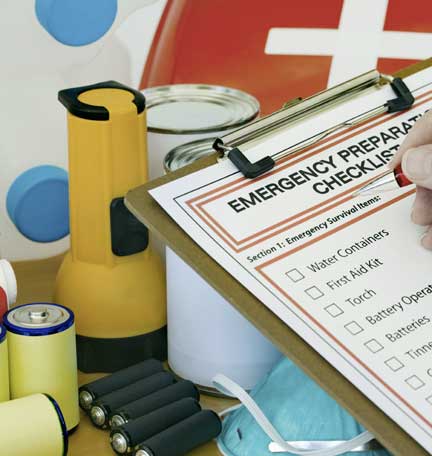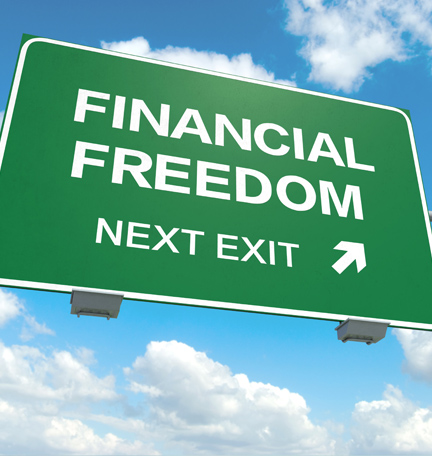Rebuilding your credit after declaring bankruptcy takes time. Set goals, develop a budget and discipline yourself to pay bills on time and you’ll be on the road to success.
Declaring bankruptcy can have long-term effects on your future financial goals, so if you’re struggling to pay back your debt, make sure you consider all of your options to repair your finances.
Although there are different types of bankruptcy that allow you to either liquidate or repay your debt, bankruptcy should only be considered as a last resort. If you are unable to pay back significant debt you’ve accrued, there may be other ways to repay debt, and other avenues to explore such as debt consolidation and refinancing your home.
While creditors can no longer collect discharged debts after a bankruptcy settlement, the process will severely impact your overall credit score and can remain on your credit report for up to 10 years, says Keith D. Harrah, Manager of Credit Risk Management at Regions Bank. This can make it more difficult to rent an apartment, obtain an auto loan, or secure a line of credit.
However, if you find that filing for bankruptcy is your only option, there are steps that you can take to regain your financial footing and improve your credit over time.
Recognize that life is complicated
Before going over these steps, it’s important to recognize that not all bankruptcies are the result of poor budgeting or accumulating too much debt for personal items. There are things in life that are completely out of our control, financially or otherwise, that may result in one seeking bankruptcy protection. These events may include unexpected medical expenses, an unforeseen legal crisis, or the sudden death of a spouse. In fact, medical expenses are the leading cause of bankruptcy in the United States. Regardless of what lands people in bankruptcy — or leads them to consider bankruptcy — this article is aimed towards reestablishing their financial stability.
Evaluate your finances
Many individuals who file for bankruptcy are required to enroll in credit counseling — to review finances and examine alternatives to bankruptcy, if there are any — before filing for bankruptcy, Harrah says. Depending on the type of bankruptcy for which you file, you may also be required to participate in debtor education before debts are discharged.
But what happens after bankruptcy? Meeting with a credit counselor, certified financial planner, or banker for a financial review can help you assess your current income, evaluate monthly expenditures, and develop a budget that will keep you on track toward rebuilding your credit and financial health.
Live within your means
Once you’ve set a monthly budget, keep your spending aligned with it and avoid old habits — after all, the little things can add up quickly. Consider using a prepaid card and loading it with a set amount of money each month to cover expenses such as groceries and gasoline. It may also be worthwhile to look into average-billing options for utility bills to avoid seasonal spikes that could affect your budget.
Additionally, consider setting up an online bill pay when available, and open or review bills as they come in so that all of your payments are accounted for each month. Some online banking platforms may even allow you to set up reminders that alert you when specific bills are due to avoid late payments and fees.
Slowly — and wisely — rebuild credit
As you continue to pay bills on time, you may be able to start rebuilding your credit. Consider applying for a savings-secured line of credit or a secured credit card. If approved, it’s important to diligently pay the balance each month, as paying your monthly statement on time — or even earlier — can further build your credit profile.
Once you have redeveloped sound financial habits over a number of years and your credit score begins to improve, you may be able take on larger financial obligations, such as a car loan.
When you’re ready to take on a new loan, it’s important to not only consider an affordable monthly payment but also compare loan rates, which will save money on interest. “It’s going to take time to build up a good credit rate but over the long term, you need to rate shop instead of payment shop,” Harrah says.
Although bankruptcy may set you back, there are steps you can take to refocus your finances and rebuild your credit score. Ready to start your financial journey? Make sure you’re moving forward with a solid budget plan and good financial habits.









